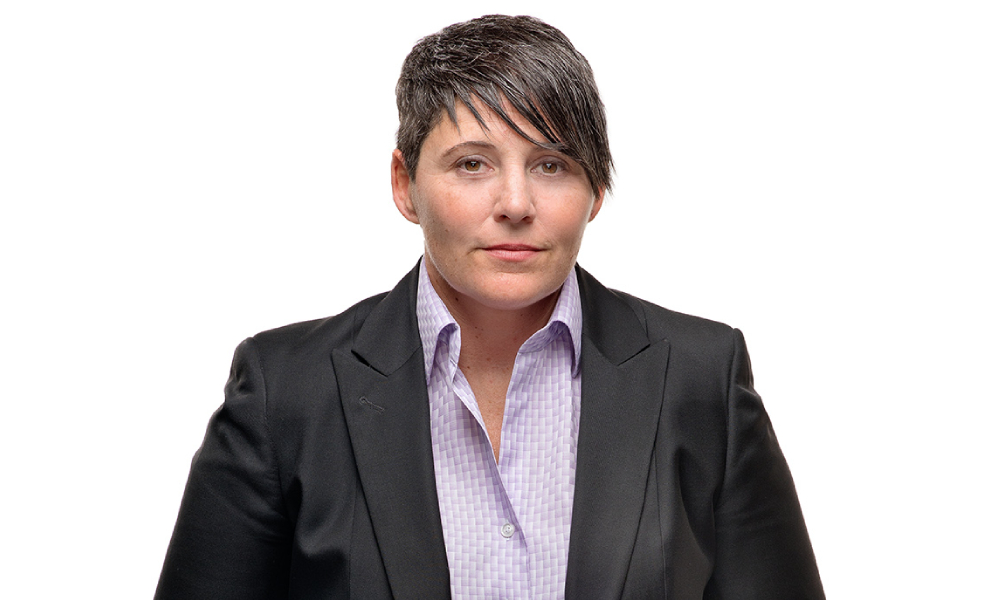Law applies retroactively to claims where disbursements were necessarily and reasonably incurred

The law limiting the disbursements that the Insurance Corporation of British Columbia pays to an injured claimant to 6 per cent of the settlement or trial judgment amount, regardless of the disbursement bill, is unfair, says a personal injury lawyer.
B.C. Reg. 31/2021 was approved and issued on Feb. 12, amending B.C. Reg. 210/2020, or the Expert Evidence Regulation. The New Democratic Party justified passage of the law as a cost-saving measure for the ICBC to be more profitable.
The new law discriminates against vulnerable individuals, including homemakers, retirees and those with pre-existing injuries, says Jaqueline Small, a partner who represents injured claimants involved with ICBC claims and other types of personal injury claims, at Holness and Small Law Group Professional Law Corporation.
With limited exceptions, the law applies to not only new claims but also retroactively to existing claims where disbursements were already necessarily and reasonably incurred before the new law’s enactment and at a time when they ordinarily would have been fully reimbursed by the ICBC, Small says.
“Most troubling is that the disbursement cap does not apply to ICBC or any other insurance company,” Small says.
Small stresses that injured plaintiffs have the burden of proving liability and quantum, primarily through expert evidence, such as reports from medical specialists from different areas of discipline in situations where there are multiple injuries. Most medical legal reports cost between $5,000 to $8,000.
Counsel of injured persons pay such expenses with funding through disbursements, which increase significantly if the matter proceeds to trial and which most often far exceed the new cap, Small says.
“I am hopeful that the petition [filed to overturn the law] will be heard soon to determine the validity of this discriminatory new law that was passed to make ICBC more profitable at the expense of those who were injured through no fault of their own,” Small says.
In a blog post, Small criticized the new law as favouring the ICBC, which until recently had to pay, using its “endless resources,” for all disbursements that were proper and necessarily incurred if the injured claimant had attained a settlement or had prevailed at trial.
However, the new law makes it harder for injured claimants to prove their claims and forces them to pay for all disbursements not payable by ICBC, Small said. The high costs of trial will, in effect, deter such claimants from obtaining the evidence they need to prove their claims and will enable the ICBC to make low offers to settle without suffering any consequences, Small added.
“Without proper evidence, the value of your ICBC claim is much lower,” Small said. “With proper evidence, the value of your claim will be much higher but this will be wiped out due to the cost.”










